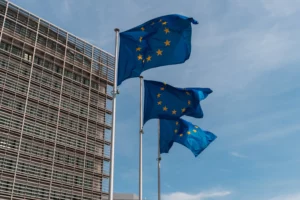
The European Union, an Area concentrating Major Challenges
The European Union faces major challenges, including peace and defense, socio-spatial disparities, relations with the US, and EU’s efforts to address these challenges.
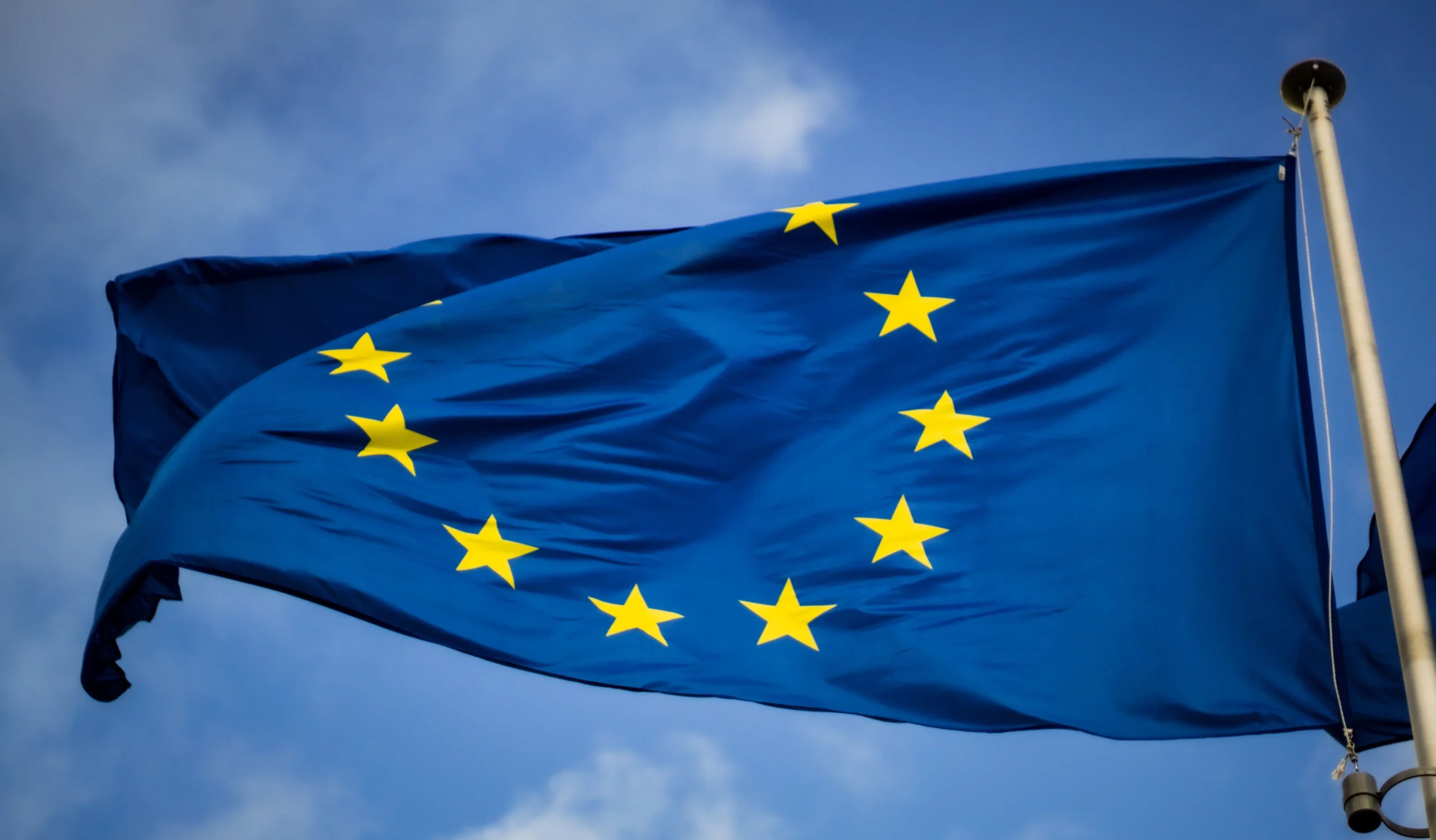
Europe, a key player in economic globalization, holds the position of the second-largest economic power globally with a GDP of $16.4 trillion in 2016, having previously claimed the top spot in 2014. Comprising 22% of the world’s GDP, it falls behind the United States (25%) and leads China (15%), Japan (7%), India (3%), and Brazil and Russia (2%). However, despite this robust economic standing, the Gross National Income (GNI) per inhabitant lags at around $33,000 in 2016, significantly trailing the United States ($56,000) and slightly behind Japan ($38,000).
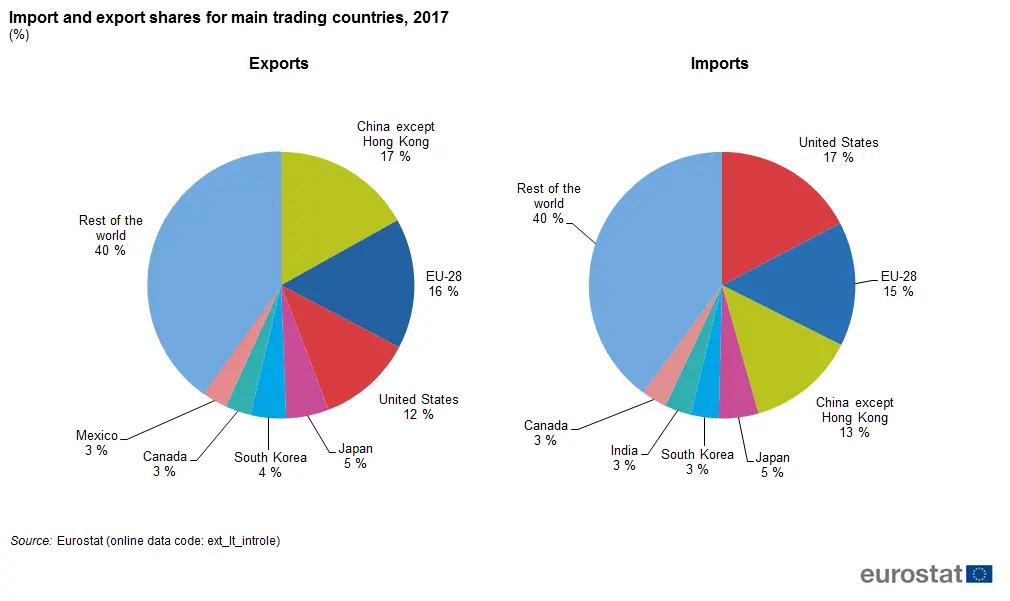
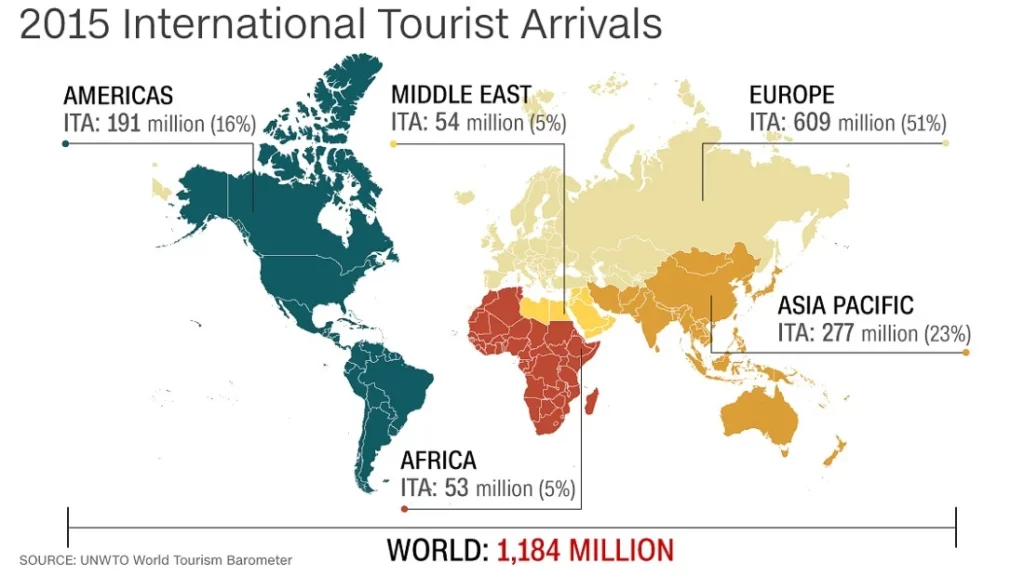
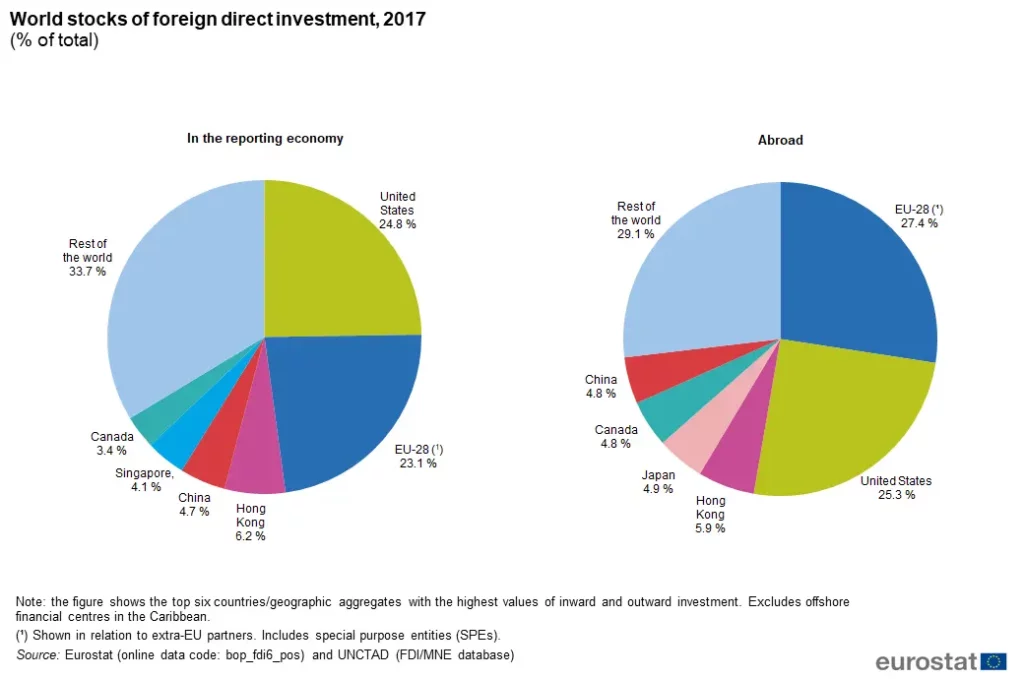
Contrary to traditional power metrics, Europe’s influence is characterized as Soft Power, emphasizing regulatory authority and diplomacy over military might. The European Union, comprised of member countries, prioritizes dialogue and negotiation in global affairs, fostering a commitment to universal values.
European foreign policy, enshrined in the Maastricht Treaty (1992) and strengthened by the Lisbon Treaty (2007), emphasizes common foreign and security policy. The Union aims to unify diplomatic administration, projecting and protecting its security interests globally.
In conclusion, Europe’s influence extends beyond economic might, encompassing Soft Power values, effective diplomacy, and a commitment to global governance. As the world navigates challenges, the European Union’s role in shaping international standards and values remains pivotal.

The European Union faces major challenges, including peace and defense, socio-spatial disparities, relations with the US, and EU’s efforts to address these challenges.
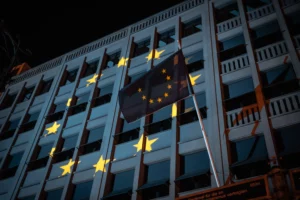
Explore the pivotal role of European Economic and Civil Power in shaping global affairs and policies in 2024, unveiling its impact on trade, human rights, and sustainability.
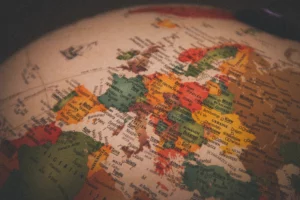
Delving into the dynamics of European nations’ power, this article offers a deep dive into their strategic responses to globalization, energy security, and evolving geopolitical landscapes.